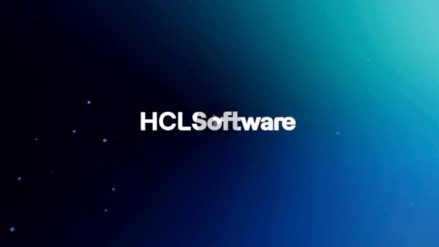As data sovereignty and regulatory demands sharpen across markets, HCLSoftware, part of IT major HCLTech, is positioning itself as a distinct player in the sovereign technology space by leaning on one key differentiator: ownership of intellectual property (IP).
Kalyan Kumar, chief product officer at HCLSoftware, explained that the company’s approach rests on three pillars — data sovereignty (where data resides), people sovereignty (who operates the systems), and IP sovereignty (control over the underlying technology).
“We are an OEM. We build products and we own the intellectual property,” he said. Owning the IP helps solve for the third pillar, which is becoming increasingly important as data regulations tighten across the globe.
Building sovereignty with IP ownership
Its portfolio of enterprise products — from collaboration and messaging platforms to databases, application servers, and cybersecurity tools — are built and owned by the company. Many of these IPs are registered in India, with development hubs in Bengaluru, Pune and Noida, giving it greater control over localisation and compliance.
This ownership, Kumar added, allows cto tailor sovereign builds for different jurisdictions. For instance, the company delivers custom releases for US federal clients, while in Europe and Africa it works with governments to adapt its stack to local sovereign cloud regulations. In India, the company is partnering with government-approved cloud providers to certify and run its products for sensitive deployments.
The central theme, Kumar said, is customer choice. “The most important thing which we call out in our sovereign approach is give customers a choice. Choice to be able to build a stack, and it’s going to be varied and different.”
Flexibility in deployment for regulated sectors
At the product level, HCLSotfware is making sure its software can run in different ways, depending on what customers prefer. Some may want it as a ready-to-use cloud service, while others may choose to install and operate it within their own IT systems for greater control.
For example, its AppScan tool for checking software security can either be used online as a service or set up directly inside a company’s own infrastructure. Likewise, Domino 14.5, the latest version of its collaboration platform, offers email, calendars, meetings and file sharing without tying customers to foreign cloud providers.
HCLSotfware’s sovereign strategy is already finding traction among public sector agencies, defence bodies and banks, which often require localisation of customer data platforms.
Kumar described the adoption curve as gradual. “It’s a journey. Sovereignty is going to be (prominent for firms) in the public sector, in institutions which are regulated,” he explained, adding that it will not be an overnight turnaround but a gradual shift. “It’s going to take its own path and journey.”
